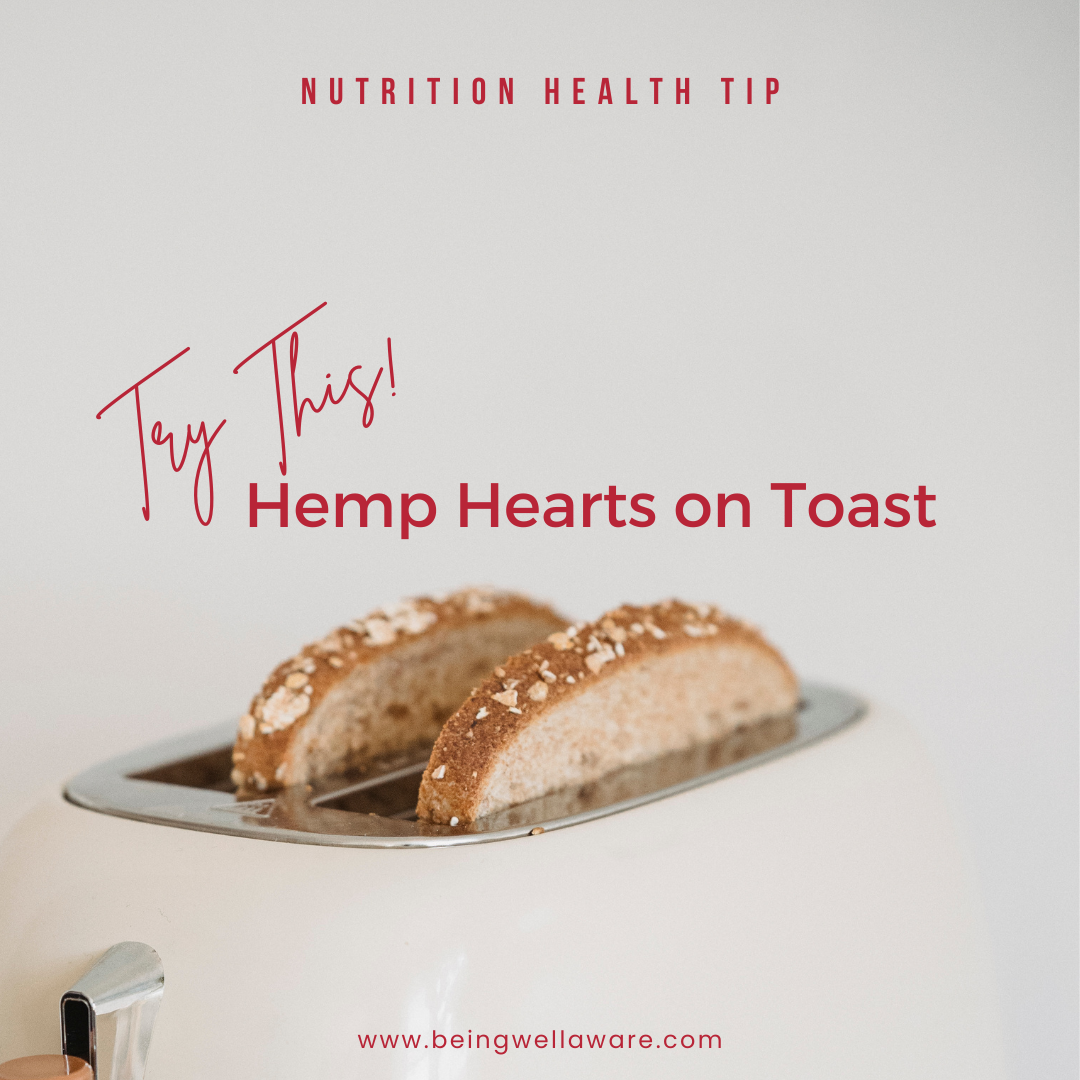
A keto diet can provide many health benefits. It may increase immunity to different diseases or even help lessen the symptoms and side effects of existing illnesses. Doctors commonly recommend this high-fat, low carb diet as part of the treatment plan for various illnesses.
Experts have also discovered that the low-carb emphasis of a keto diet can also be useful for people with diabetes or at risk of developing it. Reducing carbohydrates helps lower blood glucose, a contributing factor in weight gain.
Avoiding foods high in carbs decreases the chance of needing a medication to lower your blood sugar. Although diabetic individuals are at risk for obesity, this high-fat diet can still be beneficial, because it focuses on the healthy fats your body needs that can be found in olives or olive oil, eggs, avocado, cottage cheese, fish like salmon, seeds, nuts, and butter.
If you have diabetes, a ketogenic diet may be one solution to help control the symptoms while reducing the use of medication. With a higher fat intake, you may feel less hungry, leading to less eating, because it takes your body longer to digest fats than carbohydrates. It also helps reduce the triglycerides more so than a low-fat diet. A keto diet also recommends avoiding carbs because they turn to sugar and, if over-consumed, they can cause blood sugar spikes. Reducing or eliminating carbs can help control the spikes and crashes, giving hope to people with type 2 diabetes who find it difficult to control its symptoms. Not only can a keto diet help them feel better, but they may be less likely to require certain medications as well.
Before you start the ketogenic diet, consult your doctor or medical professional. He or she may need to run a series of tests to calculate the blood sugar level in your body. This can help determine the right amount of food you need to consume for the keto diet. Your doctor may also be able to determine if any current medications you are taking can be either reduced or eliminated.
Your doctor’s recommendation will also depend on the stage or type of diabetes you have. Not only will you need to follow the dietary guidelines for a keto diet, but you may have to avoid additional food that will affect your condition.
Learning and committing to eating healthy is a life-long benefit. Not only can it increase the length and quality of your life, but it may help reduce or prevent health-related issues and hospital visits. Learning to eat healthily and losing excess weight safely is always a good thing, and a keto diet is one effective way to do both.
If you would like to learn more, click here to download my FREE Guide: 8 Ketogenic Foods to Lose Weight and Blast Fat




